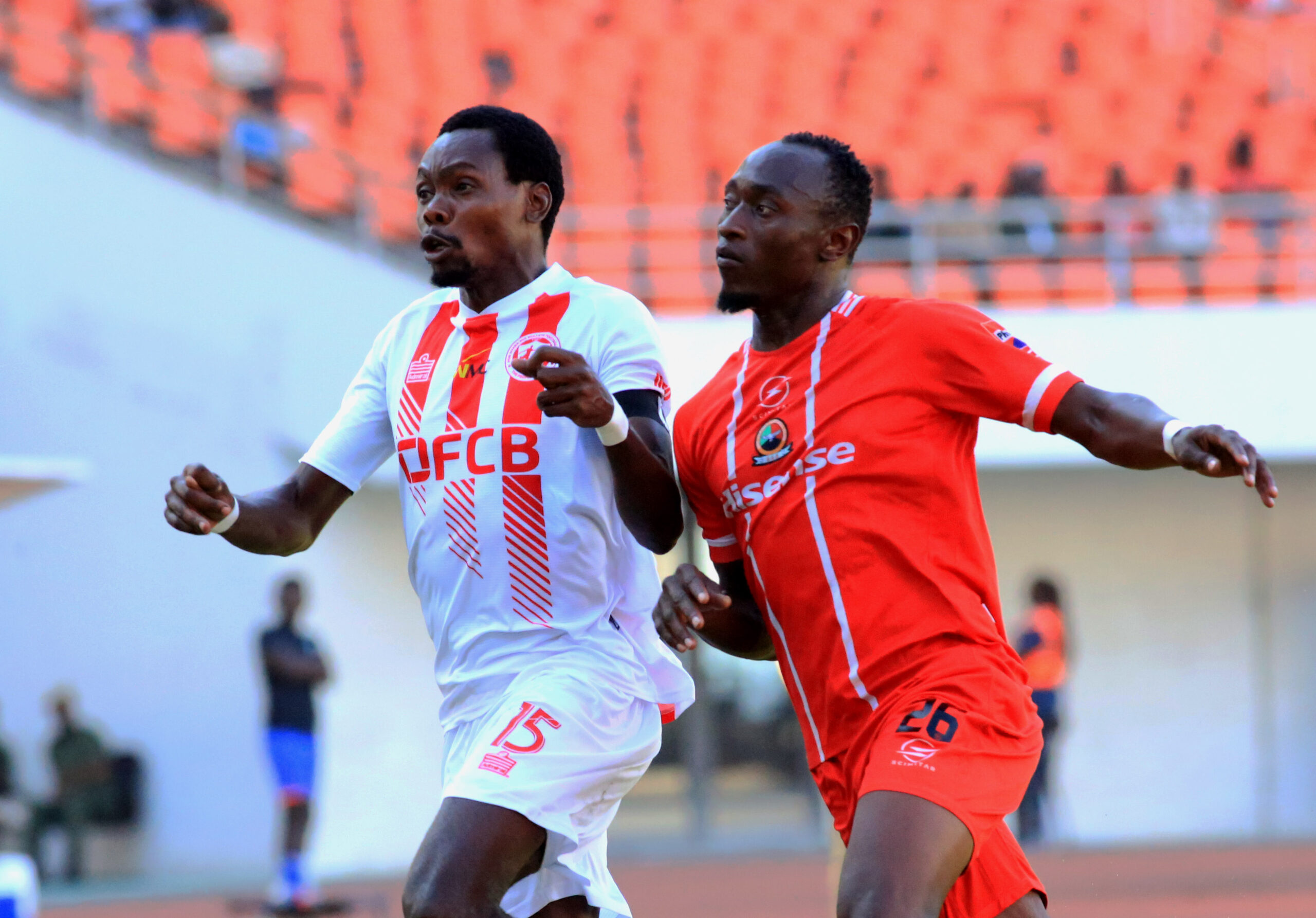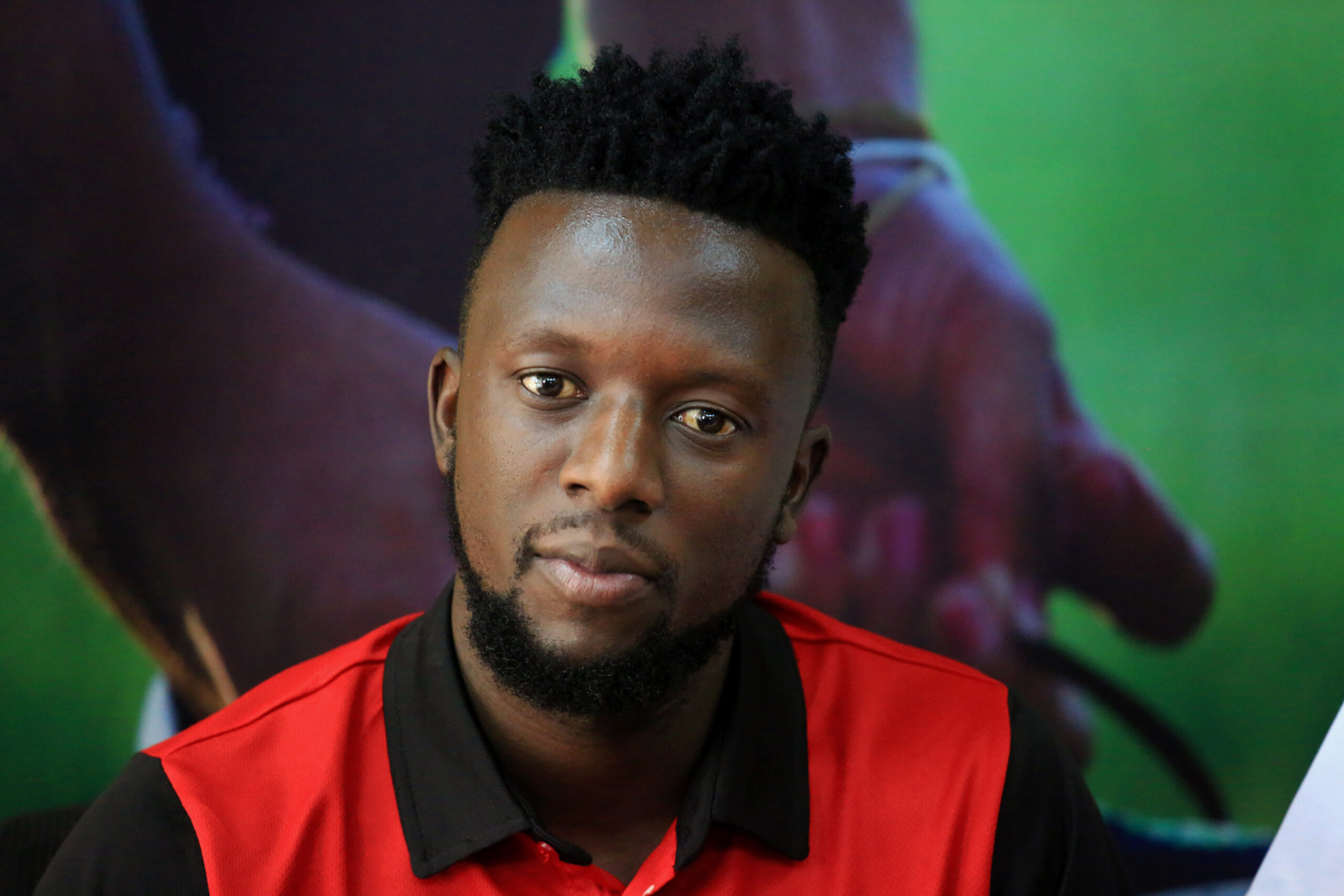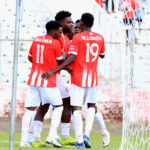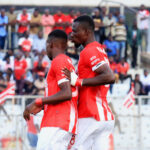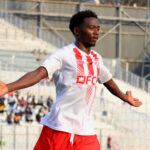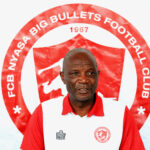He was not, as some tributes suggested, “a complete midfielder”. There were things he struggled with. As was well documented, he couldn’t really tackle. He rarely beat a man for pace. He didn’t quite have the stamina of other midfield greats.
But Robert Ng’ambi, who was given the nickname of ‘Baggio’, one of Italy’s all-time greats, was probably correct. The scrawny, asthmatic, ginger lad was one of the finest Malawian players of the past two decades.
The 36-year-old, who started his football career in the top-flight league with ACT Stars before joining MDC United, arrived at Bakili Bullets (now Nyasa Big Bullets) in the 2003/04 season.
The midfielder moved to The People’s Team during a transfer window that was coupled with drama as MDC were reluctant to release him on the final day of the window.
“My move was coupled with drama because my then club could not release me saying the timing of the transfer request wasn’t right. But when Bullets returned with an improved offer MDC United couldn’t refuse and I was allowed to move,” recalls Ng’ambi in an exclusive interview with club media.
For Ng’ambi, joining Maule was a dream come true as he admits being a staunch supporter of a team that he followed growing up in Ndirande, an area known to be the hub of the Bullets fanbase.
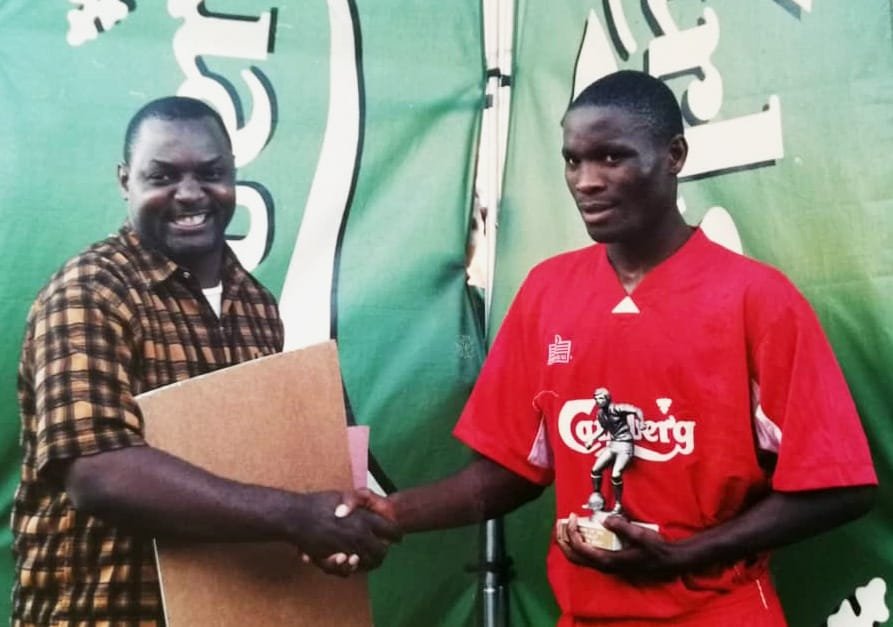
“It was a dream come true for a young boy who grew up supporting the club and was residing right in Ndirande where the majority of the team’s supporters are. It was my dream to play for Bullets, it was a great feeling to play for this team in front of my home supporters and I cannot explain the feeling,” he says.
Ng’ambi only played for his boyhood club for one-and-a-half seasons and made more than 50 appearances, scoring crucial goals for The People’s Team in a period Bullets became the first and only club to reach the group stages of Africa’s biggest club competition, the CAF Champions League.
“Scoring more than 20 goals in more than 50 appearances during my stay at Bullets was my biggest achievement because I joined the club when I was very young, straight from amateur leagues. I will never forget as someone who dreamed of playing for this biggest team in Malawi and playing in the CAF Champions League, reaching group stages just spiced up my career.
“I think I came to Bullets at the right time, a period the team was going through a transition and I was part of the team that made history by reaching the group stages of Africa’s biggest club competition. This is something which I will cherish forever,” he cherishes his spell with Maule.
To be as good at anything as Ng’ambi was at football would be a rare blessing. There have been other excellent players in the modern era but, in truth, only a few come close to matching his innate gifts. The goals, the passes and the movements were second nature to the midfielder. Everything he did on the pitch seemed like a reflex, akin to sneezing for the rest of the mere mortals.
Ng’ambi shares what he believes was key for Bullets to achieve the 2003/04 season’s milestone.
“The team had players who fought for the team and the country. We knew that we carried the country’s flag [playing in the CAF Champions League] and we had to give it all for Malawi.
“Our sponsor, [the then Malawi President], Dr Bakili Muluzi also invested a lot and I remember he took us to the UK to prepare for the Champions League, so we lacked nothing and we couldn’t ask for more but to die for the nation and the team. It was a year to remember,” he explains.
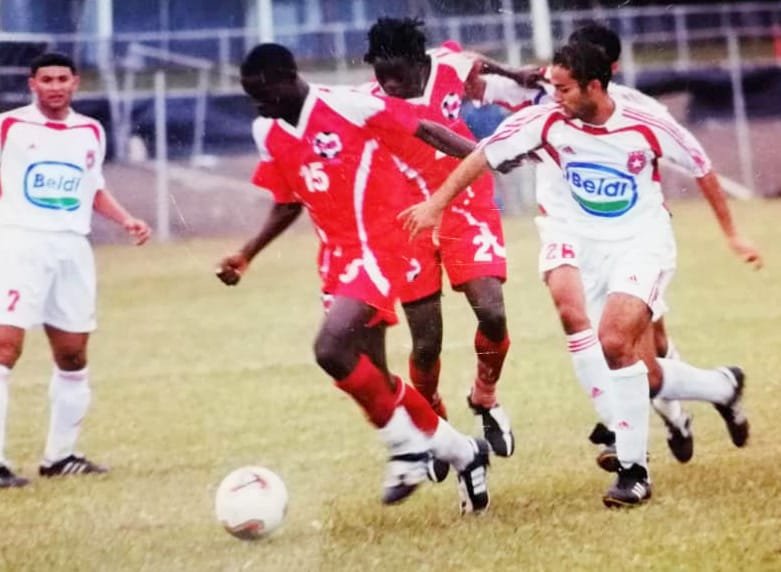
Summing up his local achievements, which include winning the COSAFA Under-17 Cup in 2000 with the Malawi National Team, the Super League in the 2003/04 campaign in which was named Player of the Season and runner-up for the Players Player of the Season’, Ng’ambi describes his run, before moving to South Africa soon after his exploits with Bullets, as extraordinary.
Following his impressive performance in domestic and continental competitions with Bullets, the midfielder attracted interest from foreign teams and went on to land a deal with Black Leopards, a former South African Premier Soccer League side, now playing in the National First Division. He later joined Platinum Stars, which later became Cape Umoya United and now Venda Football Academy.
Ng’ambi had a remarkable 15-year career in RSA, where he, among others, won the MTN 8 and the Telkom Knockout Cup. It was during this period that he also became a regular Malawi Senior National Team player and was part of the squad that qualified for the 2010 Africa Cup of Nations Finals.
He shares his achievements at club level: “I won a lot with Platinum Stars. I was named the club’s Player of the Season and also finished as a top goal scorer. I was nominated for the award of PSL Player of the season in 2013.
“I also reached the final of the Nedbank Cup with Black Leopards, a club which I first joined in South Africa before moving on to Platinum Stars,” he shares. “Apparently, I also returned to the Limpopo-based outfit [Platinum] where I finished my career.”
Despite a well-decorated playing career, it was not just rosy for the midfielder. He recalls a period when things did not go his way.
“I struggled with injuries so many times, especially in 2009 when Black Leopards got relegated [to the National First Division]. It was also during this period when I lost my mother and I was heartbroken. I lost form, but I picked myself up and played with the team in the lower division before we got back to the top-flight league where I then switched to Platinum Stars, where we had six successful seasons and played in the CAF Champions League. Thereafter things took an ugly turn [and] we also got relegated, so it was just a mixture of feelings as the team got sold.
“From there [in 2018], I moved to Cyprus where I was supposed to sign a contract with one of the teams [Paeek FC] there, but when I arrived there, I got injured again and this was the end of my dream because I couldn’t clinch a deal and I had to return to South Africa and rejoined Black Leopards for a two-year contract.
“I couldn’t regain my form due to the persistent injuries. Yes, I could play but it wasn’t me and eventually, I retired [in 2020]. These injuries also affected my performance with the national team because they made me not play to my full potential,” he recalls.









